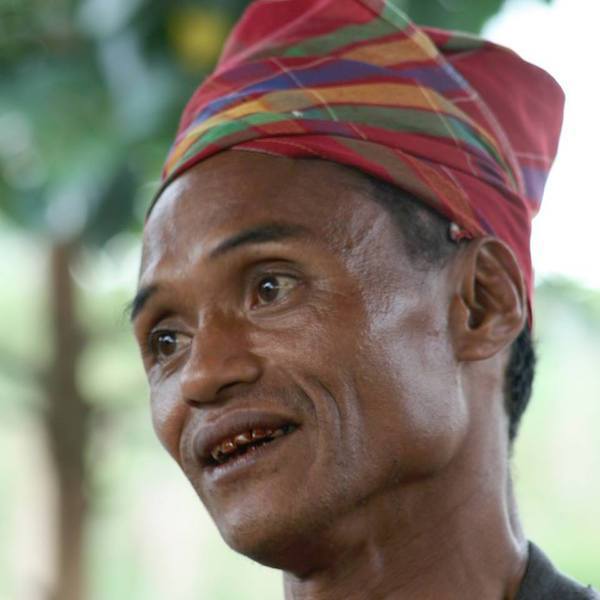Lake Sebu Massacre
On December 3, 2017, T‘boli-Manobo chief Datu Victor Danyan, his two sons Victor Junior and Artemio Danyan, his son-in-law Pato Celardo, and four other members of the indigenous T’boli-Manobo community in Datal Bonlagon Village, Lake Sebu, South Cotabato, on Mindanao Island were shot dead by members of the 27th infantry battalions of the Armed Forces of the Philippines (AFP).
According to AFP statements, the victims died in the crossfire during a skirmish with the rebel group New People’s Army (NPA). However, eyewitnesses report that the soldiers had entered Datu Danyan’s farm and opened fire without warning. On the day before the incident, AFP forces had issued a warning in local media for the Lumads and notably their “commander” Victor Danyan to surrender. The AFP had claimed before that Danyan and his sons were NPA members.
Datu Danyan was the chair of the indigenous T’boli–Manobo Sdaf Claimants Organization (TAMASCO), which campaigned for the rights of the indigenous T’boli-Manobo community, especially with respect to their claim to their ancestral land. Already in 1991, the indigenous communities were driven off their land by the bulldozers and chainsaws of the logging company Silvicultural Industries, Inc. (SII). Some of their houses and ancestral burial grounds were burned down. The government granted SII a 25-year-license to grow coffee on 11,862 hectares of the T’boli-Manobo ancestral domains. Since then, the forest located on the lands was massively cut down, slowly diminishing the natural habitat and traditional knowledge of the indigenous communities.
Datu Danyan waited 25 years for the license to get expired in 2016. Despite resolute and unanimous rejection by the community involved, the Philippine Department of Environment and Natural Resources (DENR) granted a license renewal to SII for the contested ancestral domains. Under the Indigenous Peoples Rights Act, this should have required the free, prior, and informed consent of the T’boli-Manobo community.
The T’boli-Manobo community, led by Datu Danyan, responded by occupying 150 hectares of their land. They cleared the coffee plants of SII’s “Dawang Coffee Plantation” and replanted corn instead. They and asked the plantation guards to leave, which led to the issuance of arrest warrants for Datu Danyan and several other community members. Some of them received death threats and were accused of NPA membership. With the mediation of the Catholic Church, a meeting was arranged between TAMASCO members and government representatives on December 4, 2017. Before the meeting could take place, the eight TAMASCO members were brutally massacred.
The killings of the TAMASCO members took place a week after the government under former President Rodrigo Duterte suspended peace talks with the Communist Party of the Philippines and announced a crackdown on suspected communist rebels.
To date, the perpetrators of the murder of Datu Danyan and the other seven T’boli-Manobo members have not held accountable for their human rights abuses. In the meantime, subsidiaries of the San Miguel Corporation have also started coal mining operations in the respected land in Lake Sebu, further destroying the natural habitat of the T’boli-Manobo communities. Despite a cease-and-desist order from the National Commission on Indigenous Peoples, the Dawang Coffee Plantation continuous its operations.
The AMP has featured the case in its 2019 Human Rights Report on page 27 (please note that some information in the case description here deviates from the report on account of later revisions and adjustments).
Update: April 13, 2023

Photo © Legal Rights and Natural Resources Center
